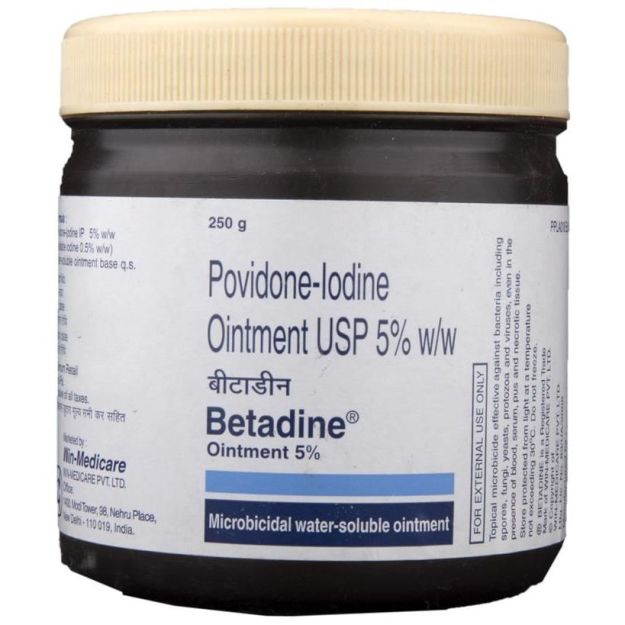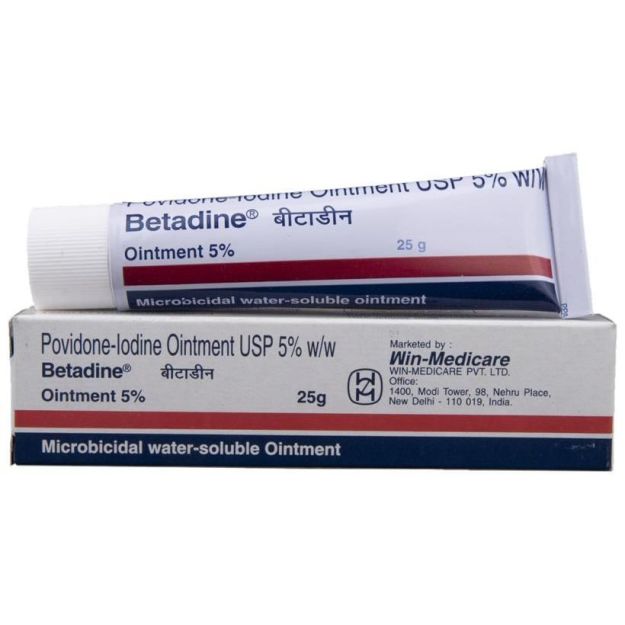Povine Ointment is a prescription medicine that is available as a Ointment. Infections, Open Wound are some of its major therapeutic uses. Povine Ointment also has some secondary and off-label uses. These are listed below.
The optimal dosage of Povine Ointment is largely dependent on the individual's body weight, medical history, gender and age. Dosage also depends on the route of administration and your chief complaint for which the drug is prescribed. For detailed information on this, read through the dosage section.
Apart from the aforementioned side effects, Povine Ointment can also lead to other problems, which have been listed below. Normally, these side effects of Povine Ointment are not long lasting and go away when the treatment is finished. Consult your doctor if these side effects become worse or stay for a longer duration.
Furthermore, you should know that effect of Povine Ointment is Moderate for pregnant women and Moderate for women who are breastfeeding. It is important to know if Povine Ointment has any effect on the kidney, liver and heart. Information on such adverse effects, if any, has been given in the Povine Ointment related warnings section.
Povine Ointment is contraindicated in people with pre-existing medical conditions like Drug Allergy as it can result in adverse effects. Some other conditions that can be affected by Povine Ointment are listed in the contraindications section below.
Besides this, Povine Ointment may also have severe interaction with some medicines. See below for a complete list.
In addition to the above precautions for Povine Ointment, it is important to know that it is safe while driving, and is habit-forming.
X











